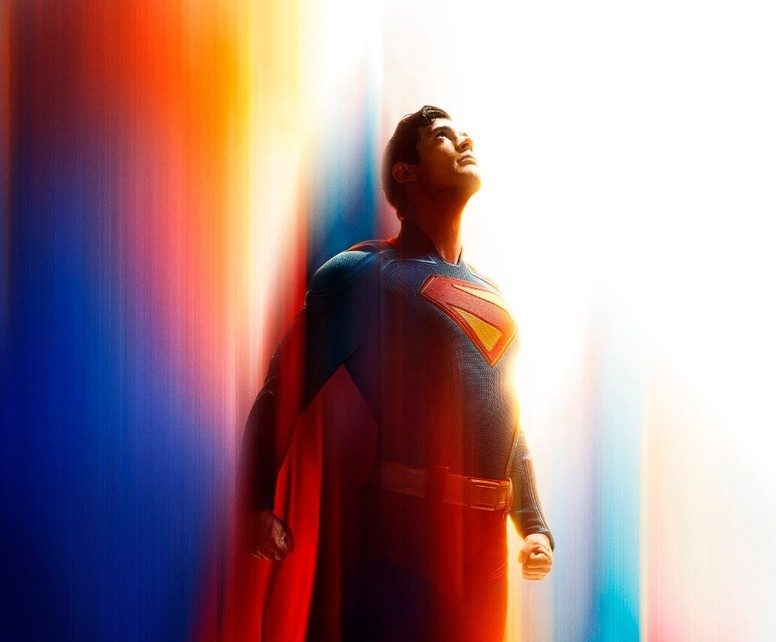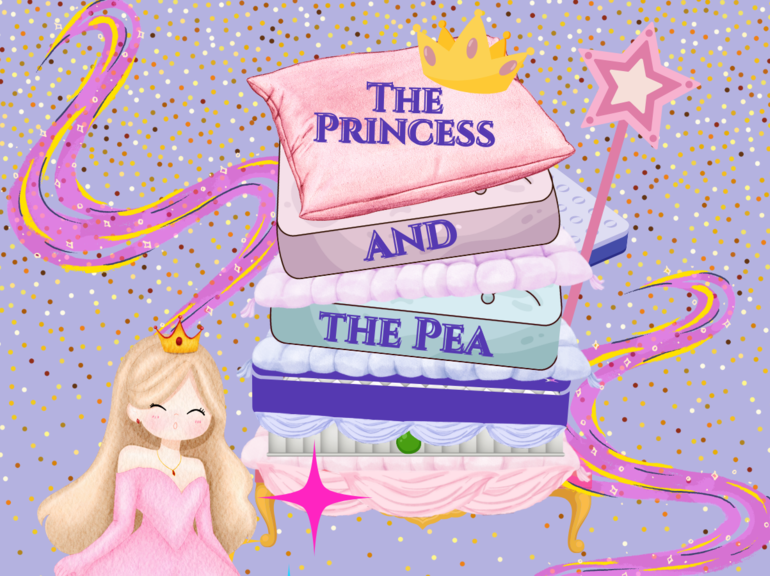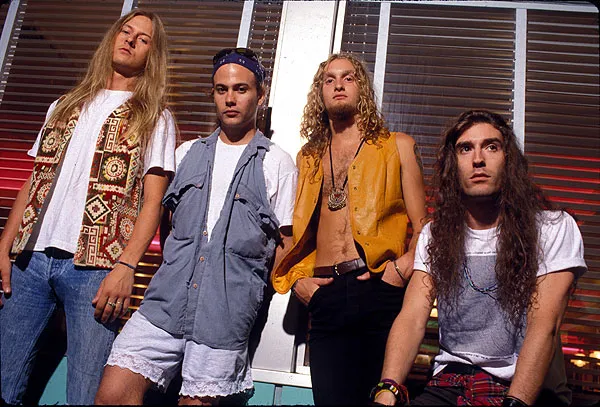Everybody knows Superman, a charismatic do-gooder, a staple among heroes, a man an entire nation knows. If the topic of superheroes comes up, it is almost certain that someone will bring up Superman. Why is this?
Superman was created in the 1930s by a Jewish immigrant named Jerry Siegel. He was created as a symbol of hope for America during the Great Depression, and many people of Jewish descent were still facing many hate crimes against their community. Superman was the future, but more than that, he was what Siegel wanted for the future. The immigrant alien hero sent down to save what, at that time, seemed lost.
Our world has changed quite a bit since 1938, but some things haven’t. Our world is in a state of political crisis that it hasn’t endured for a long time, prices are skyrocketing, and A.I. has seemingly taken over most jobs as well as responsibilities. It seems the perfect time to bring out the world’s symbol of hope, our very own Superman.
This proved to be correct as in just the first few weeks of showing, Superman skyrocketed into the highest ratings. Ratings, however, do not answer the question on everyone’s mind: Was Superman really that political? And did it really have to be? I chose one of our very own MVTHS teachers to answer these very questions, Mrs. Jennifer Little.
In what ways can superhero movies influence how people view leadership and morality?
Mrs. Jennifer Little, Communication Arts, replied, “Superheroes represent how people want to view themselves, so when the movies come out, some people try to mimic or emulate the superhero. Superman is a perfect example, because he represents hope and community.” Mrs. Little explained.
Could this film spark conversations about nationalism, immigration, or identity in the U.S. and globally?
“It could,” Mrs. Little clarified, “but the world is moving too fast right now for it to be a factor.”
Knowing that it can affect topics brought up today, how do you think Superman (2025) reflects current political or societal issues?
“The two fictional countries, Jarhanpur and Boravia, seem to reflect the current international conflicts between Russia and Ukraine,” Mrs. Little responded.
What societal values do you think Superman represents? In other words, what does Superman mean to you?
“I think he represents hope, community, compassion, and good,” Mrs. Little stated, noting that in this age of division, these ideals stand out even more.
While capes, villains, and high-flying battles dominate the screen, the story’s deeper themes reflect the political and societal topics now, and it’s not just teachers who are noticing this.
One student who watched the film, Marlie Kizer, ‘28, had her own opinions on the film’s messages.
Overall, do you think a movie like Superman has the power to meaningfully impact politics or is its effect mostly symbolic?
“I personally think that many people refuse to see political messages in things, no matter how obvious those messages are, so sadly, I do not think that Superman could impact politics in a meaningful way,” Kizer replied
But what about what Superman was originally made to represent, the American Dream, does he still hold as a symbol for it?
“I don’t think that Superman embodies the ‘American Dream’ anymore since the ‘American Dream’ has changed so much, and I don’t think that fits the original intention,” Kizer said. “I think that Superman has become much more than just being an American symbol of hope and has become a global symbol of hope.”
Given the events that occur in the film today, clearly portraying real-world events in a superhero-like world, should Superman still be considered a figure of patriotism or something more of a global hero, given his character’s new portrayal?
“I think that over time, the meaning of Superman has changed. Originally, a symbol of patriotism has become a global hero as he inspires many people around the world to do something that positively impacts those around them,” Kizer stated.
Due to the messages that James Gunn, the director of the film, has stated he wants to depict, immigration, corrupt government, and today’s ongoing wars, could the film’s themes be interpreted differently in the U.S. versus in other countries?
“I think the film can be interpreted differently per country. When I watched it, I definitely related it to the political situations that I am aware of and that are relevant to me personally,” stated Kizer. “Others will relate it to their own experiences and have different opinions on the movie.”
Whether or not Superman (2025) directly changes the way people talk about politics or identity, it clearly continues the tradition of superhero films as cultural mirrors. For many, Superman is not just a character on screen; he’s a symbol of what society hopes to be.














